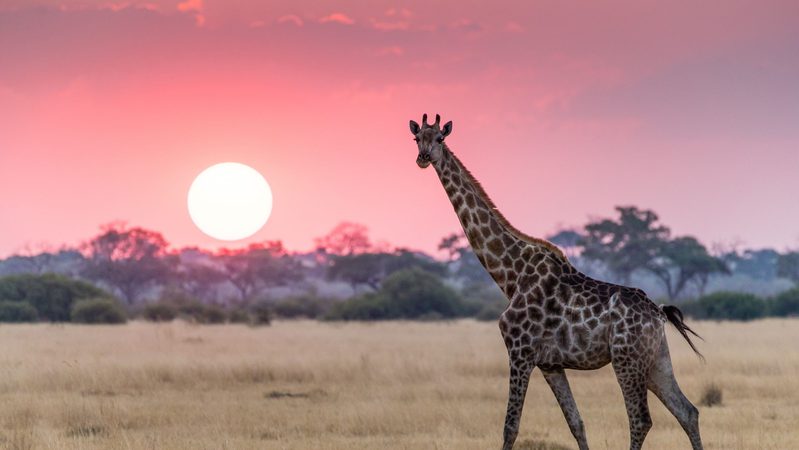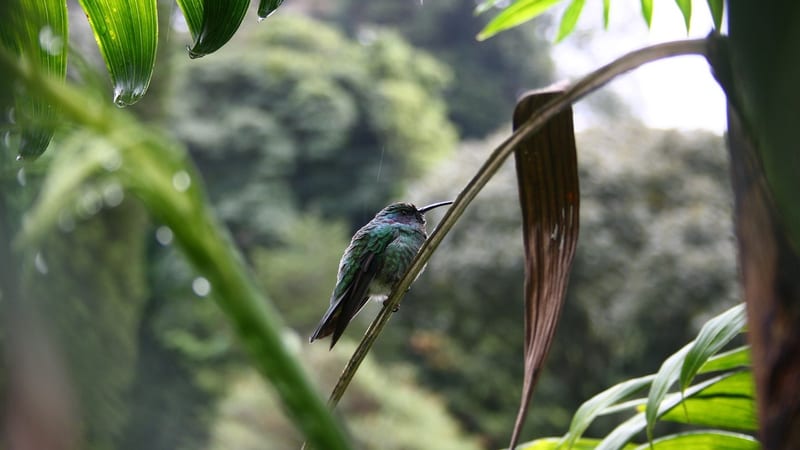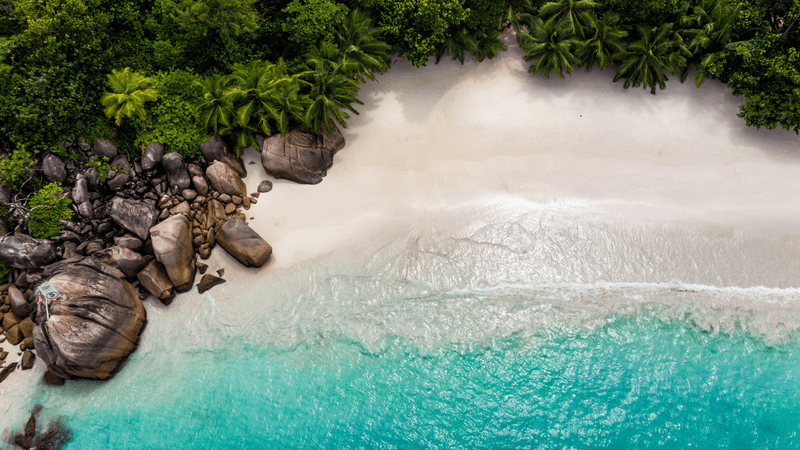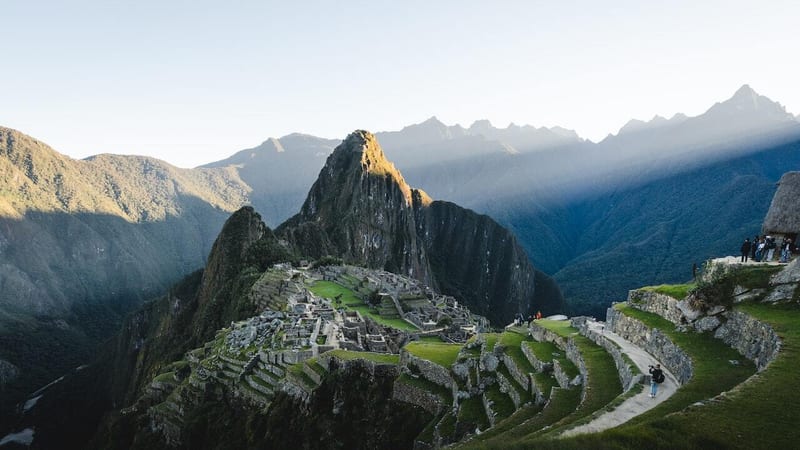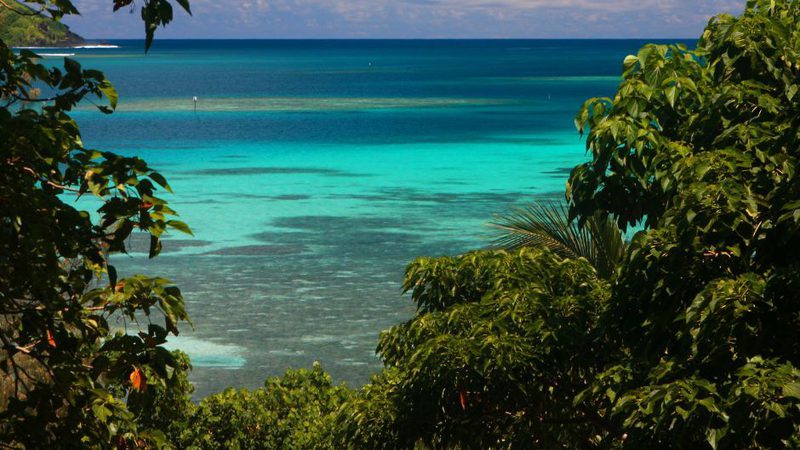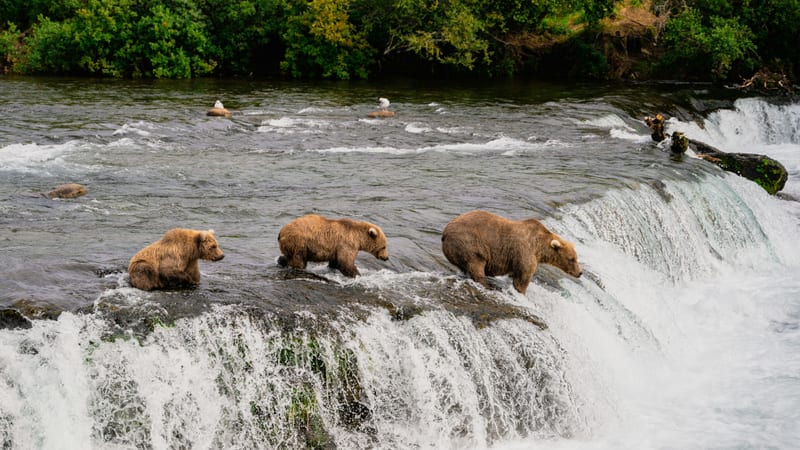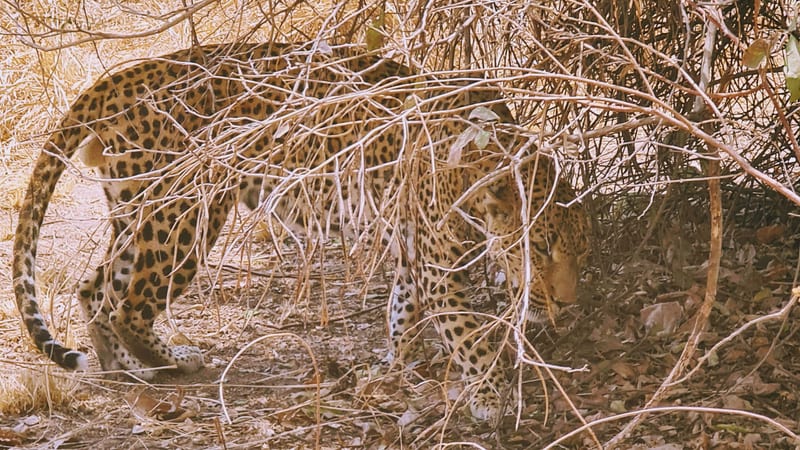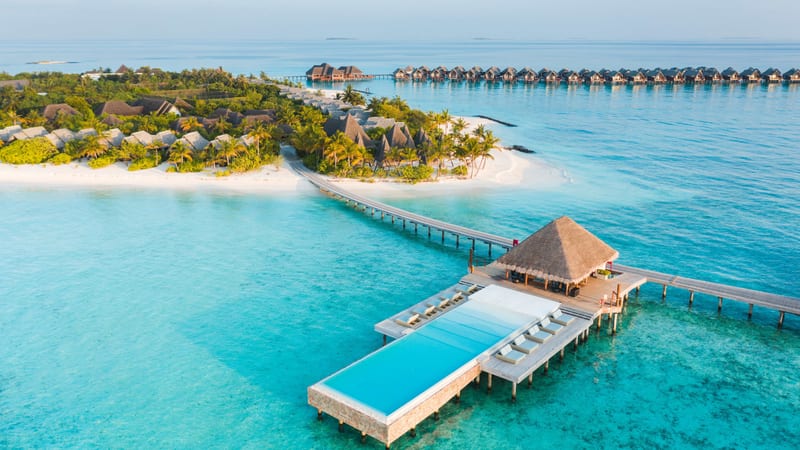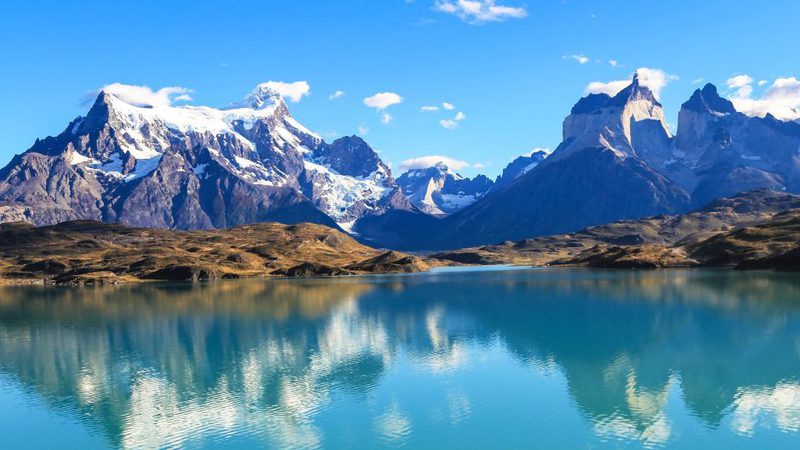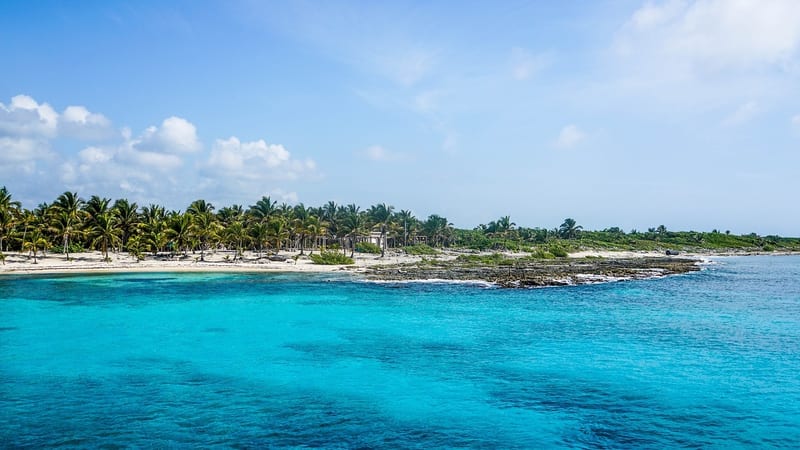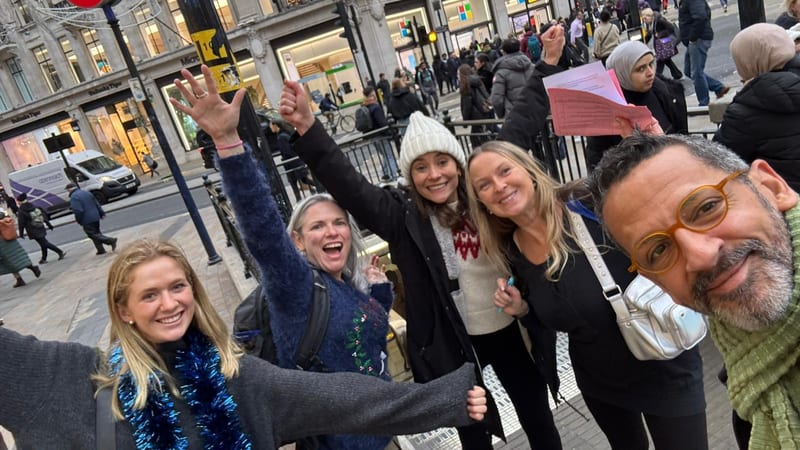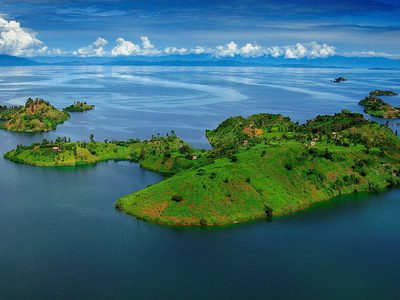
Lake Kivu - what's all the fuss?
In western Rwanda, along on the border with the Democratic Republic of Congo lies the lively Lake Kivu, the largest of the many scenic lakes scattered throughout Rwanda but one of the smallest of the Great Lakes of Africa in terms of size. It is however the third deepest with its deepest point being around 485m.
The lake and its surrounds have a unique feel to them; reminiscent of what you could describe as being an inland freshwater sea. Filled with volcanic islands, surrounded by beautiful beaches, terraced hills and fishing villages, all giving it a dramatic, picturesque and very charming setting. At night, you could almost romanticise being somewhere in the Caribbean with star-filled skies, temperate climate and sound of waves lapping at the sandy beaches.
There is a whole host of activities and cultural experiences to keep Lake Kivu visitors enthralled but before we dive into those, let’s just touch briefly on something a little sinister below the surface of the clear waters… don’t worry, it’s not the African equivalent of the Loch Ness Monster…
A dark secret
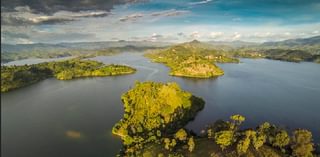
Kivu is one of Africa’s strangest bodies of water with unusual properties making it an intriguing subject for scientists as a potential source of peril and prosperity for the local Rwandans which inhabit the lake shores and surrounding areas.
I won’t go in to too much scientific detail but here’s a brief overview:
This lake is famous for being one of the three lakes in the world that undergoes limnic eruptions. These eruptions happen when the gases stored in the lake, mainly carbon dioxide and methane, are suddenly release into the atmosphere, with life-threatening consequences.
Fortunately, this rare phenomenon has only been recorded twice in recent history, in Lake Nyos and Lake Monoun, both in Cameroon.
The effect is the culmination of several and extremely rare conditions.
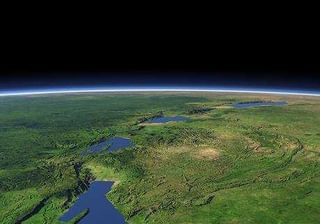
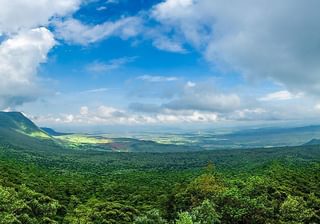
Lake Kivu straddles the border between Rwanda and DR Congo and one of a string of several lakes lining the East African Rift Valley where the continent is slowly being pulled apart by tectonic forces. Don’t fret it won’t happen any time soon as it’s being pulled apart at roughly 6mm a year, meaning we have about 10 million years to wait until it happens.
This movement causes stress within the Earth’s crust, triggering volcanic activity and creating hot springs below Kivu which feeds hot water, carbon dioxide and methane into the lake’s bottom layers. Microorganisms use some of the CO2, as well as organic matter sinking from above, to create energy, producing additional methane as a by-product. Lake Kivu is estimated to have the highest levels of methane trapped in its waters than any other lake in the world, which could eventually have disastrous consequences, however if this energy source is safely tapped it could subsequently generate enough electricity to power Rwanda for several hundred years!
Top activities to do on Lake Kivu
Lake Kivu is the largest lake in Africa that does not have any hippos or crocodiles, making it one of the best places to swim in safety as well as enjoying a wide variety of water-based activities.
1. Kayaking and Water Sports
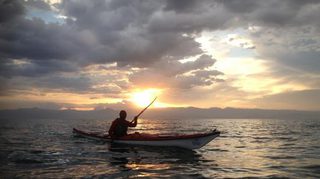
Under the guidance of a highly trained and experienced kayak leader, spend a few hours, a full day or even a few days paddling the clear blue waters of the lake, exploring the countless inlets and bays, soaking up the spectacular scenery, meeting local fishermen, visiting hot springs and keeping an eye out for local wildlife such as long-tailed cormorants, flocks of pelicans, crowned cranes, tiny malachite kingfishers and Congo clawless otters.
Other popular water sports on the lake include water-skiing, wind surfing and paddle boarding.
2. Boat Cruises
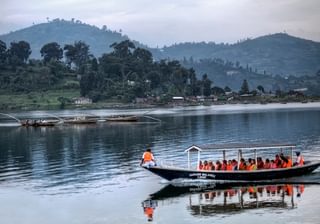
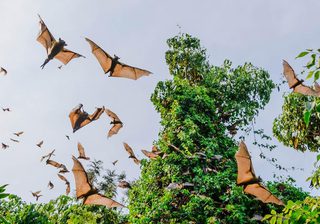
A rewarding and tranquil cruise on the waters of the lake with longer cruises taking you to Amahoro and Munini Islands – the latter is also named Napoleon Island due to its resemblance to the conquering Frenchman’s infamous hat. The island is home to a large colony of fruit bats and after a short and relatively easy climb brings you face-to-face with them. There are also giant African millipedes (known locally as shongololo), fish eagles and a wide variety of water birds. Occasionally you may even spot an ‘Inzocor’ or water snake. If you opt for an evening cruise, imagine yourself there, sipping a glass of wine as the sun sets on a serene day exploring the beautiful Lake Kivu.
3. Sport Fishing
For keen anglers out there, Lake Kivu has some superb fishing – there are nearly 30 different recorded species of fish in the lake and as a reward for your exertions trying to catch them, you’re allowed to keep one fish for yourself, perhaps taking it back to your accommodation where the chef will prepare and cook it to perfection for you to so you can enjoy your spoils over an evening meal and a glass of wine.
4. Island Hopping and Coffee
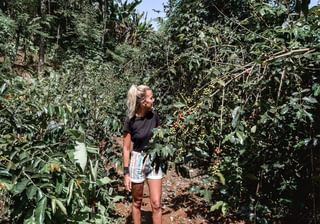
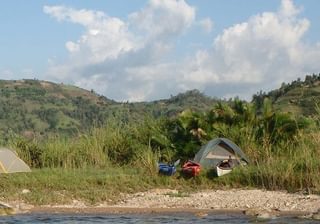
Lake Kivu has many islands with one of the largest being Nyamirundi Island which is home to a large coffee plantation. Here you can learn all about the coffee making process; from harvesting, drying, roasting and of course culminating in the opportunity to sample some exceptionally fresh, organic and award-winning Rwandan coffee for yourself.
There’s a large number of uninhabited islands on the lake, some of which it’s possible to pre-book and overnight camping experience for those looking to experience the tranquillity of the lake under canvas.
5. Mountain Biking and Hiking
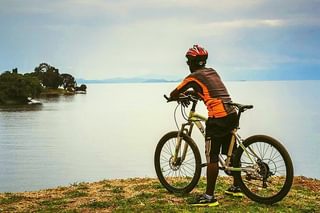
Rwanda, as a whole, has some superb mountain biking and hiking routes, with one of the more famous being the ‘bikepacker’ Congo Nile Trail which is around 160 miles long and over five days takes you through some of the most stunning scenery and trails you’ll come cross in Africa. The mountain biking and hiking trails around Lake Kivu are not as long in distance nor duration but take you through vibrant local communities and along the beautiful shores of the lake making for great alternative ways to explore the area.
6. Birding
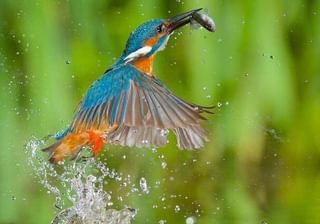
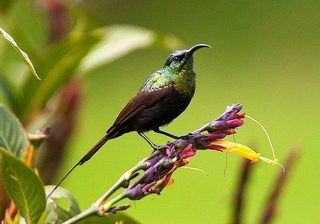
Rwanda as a resplendent destination for keen birders with over 700 recorded species throughout the ‘land of a thousand hills’ and Lake Kivu is certainly not a destination to skip out on if you’re looking to tick off many new ‘lifers’ as possible. Bird watching activities could take you on nature walks through the surrounding forests and along the lake shores as well as boat cruises on the lake itself as you go in search of; Bronzed Sunbirds, Common Waxbill, Crimson-rumped Waxbill, Bronze Manikin, Speckled Pigeons, African fish eagle, spotted Cardinal Woodpecker, African Pied Wagtail, Yellow-throated Greenbul, Chin-spot Batis, Ashy Flycatcher, White tailed Blue Flycatcher and Tropical Boubou – to name just a few. Have your binoculars at the ready!
7. The Singing Fishermen
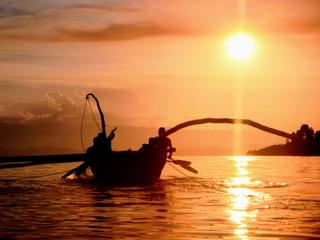
This is probably one of my favourite experiences to be enjoyed around Lake Kivu and is a far cry from the salty seadogs of days gone by you might imagine singing shanties after a few ales.
Almost every evening, something very special takes place on the clear, blue waters of the lake. As sunset approaches, hundreds of extraordinary, hand-made three-hulled fishing boats leave villages dotted around the lake shores. With characteristic long poles attached to their bows and sterns, these fascinating boats become slowly silhouetted against the twilight sky.
In the calm of the evening there is barely any wind, so sails are of minimal use. Rather, each team of fishermen paddle out with remarkable agility and speed, working in unison, they sing rhythmically to synchronise their paddle strokes, giving encouragement to each other. In small groups, they seek the deep water a few kilometres out into the lake from where they cast their nets and fish throughout the night.
You can watch them comfortably from the shore from Bralirwa (7km from Gisenyi), the inlets of Kibuye or villages on the coast such as Cyimbili or Kinunu and certainly makes for an interesting sight to behold. But, you can go out onto the water with them; paddling out onto the lake in your own kayak. This is by far the best way to see the fishing boats and hear their crews up close – as well as catching the sunset itself on the water. Only when you are on the water can you closely watch the fishermen paddling and really appreciate their singing.
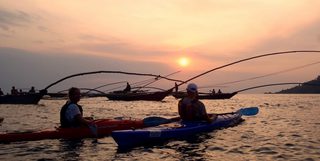
As dusk turns to night the fishing boats arrive in to position. The fishermen use lamps to attract a type of small sardine (known as Isambaza) and the delicious, larger Tilapia towards their nets. With lights from the many fishing boats spread across the water, Lake Kivu soon resembles a starry sky. From one of the luxury lodges, guesthouses or even a private island campsite that are found along the shores, it looks both romantic and spectacular.
The fishermen out on the water have a difficult job. Catches are not large because the unique physical characteristics of Lake Kivu which tend to limit the stock of fish that it can support. The fisherman work throughout the year but pause for a few days each month (around the full moon) as well as during September and October to allow the fish to replenish their numbers.
Witnessing the fishing boats depart for the night is one reason why kayaking on Lake Kivu has become one of the most popular activities in Gisenyi and Kibuye. So, time your visit well and, as a bonus to a superb time on the water, you’ll be rewarded with an amazing experience unlike anything else in Rwanda.
Where to stay
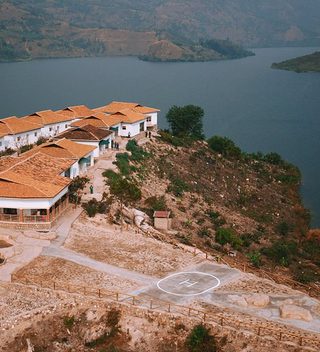
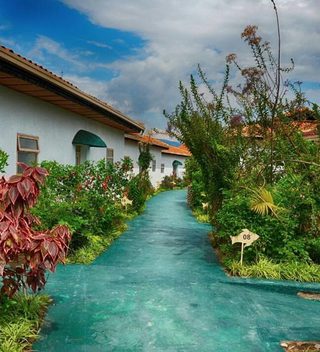
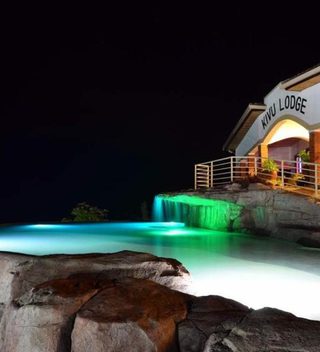
There are some great choices to suit everyone's expectations and budgets but my personal favourite places to stay around Lake Kivu is Kivu Lodge which is located on a private peninsula. This lodge is all about location, location, location. Tucked away alongside banana, coffee and macadamia plantations means you’re ideally placed to enjoy splendid tranquillity with many of the fantastic activities which Lake Kivu has become synonymous for not too far away and at night, the lodge is lit up giving it a wonderfully colourful atmosphere.
Trip idea - Gorillas, Primates and Landscapes
What more could you ask for, discover Rwanda’s stunning wildlife, wild places and fascinating cultures. Explore some of Africa’s most exquisite landscapes and trek through lush rainforests in search of golden monkeys, chimpanzees and the noble mountain gorilla.
Highlights
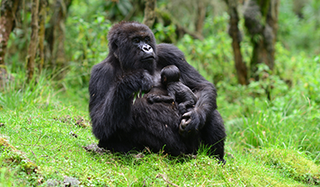
- Experience the vibrant local cultures and deep history of Rwanda.
- Chimpanzee trekking and rainforest canopy walks in Nyungwe Forest.
- Relax on the shores of Lake Kivu, witnessing the singing fishermen on their nightly forays.
- Meet the gorilla doctors and learn about their conservation work
- Gorilla and golden monkey trekking in Volcanoes National Park
11 nights from £5,520 pp Includes: International flights, all accommodation and transfers, all primate trekking permits as per the itinerary.
Lake Kivu is a splendid destination to add to a Rwanda Safari either before or after gorilla trekking in Volcanoes National Park or as part of a more extensive Rwanda experience helping to break up the long road journey between chimpanzee trekking in Nyungwe Forest and Volcanoes National Park
Read more about Nyungwe Forest
Wondering when to visit? Take a look at this guide on the best time to visit Rwanda.
Looking for some more inspiration? Take a look at our best safari holidays ideas, our favourite family safaris, our big five safari guide or our top African safari honeymoon suggestions.
Start planning your ultimate safari to Rwanda and Lake Kivu by calling us on 01768 603 715


